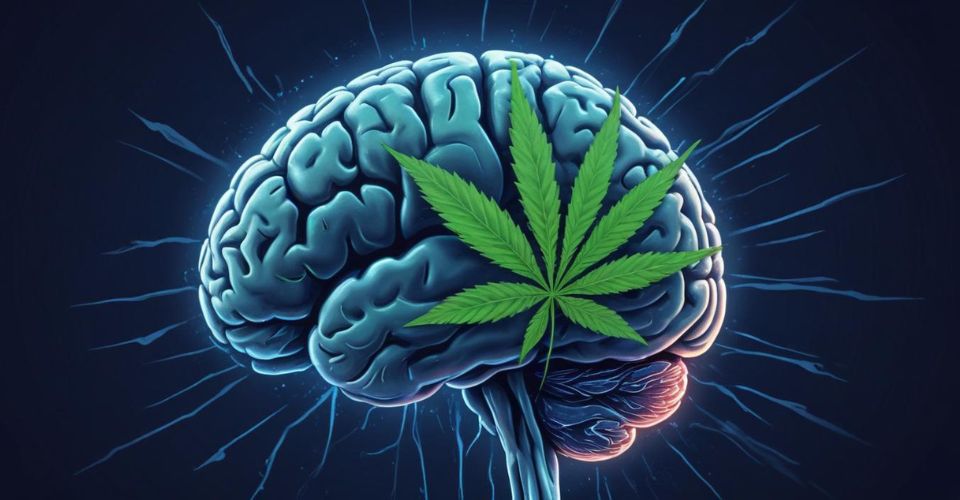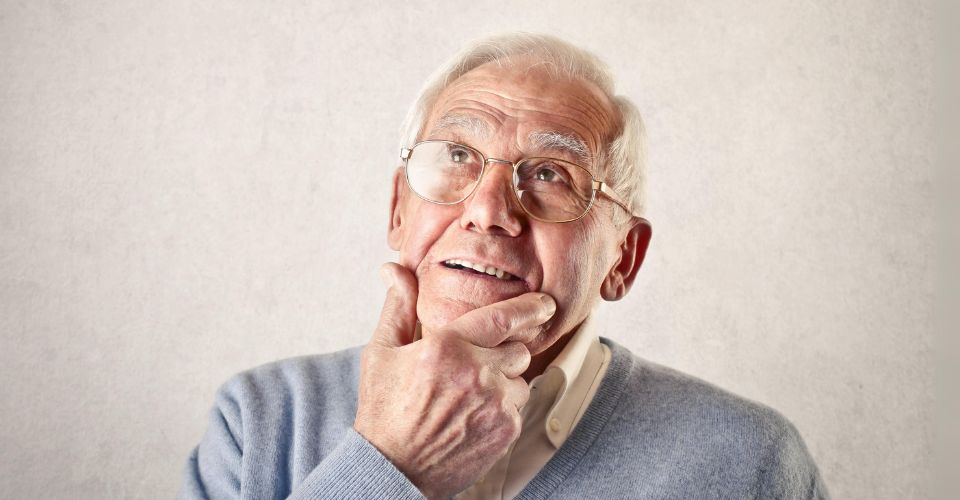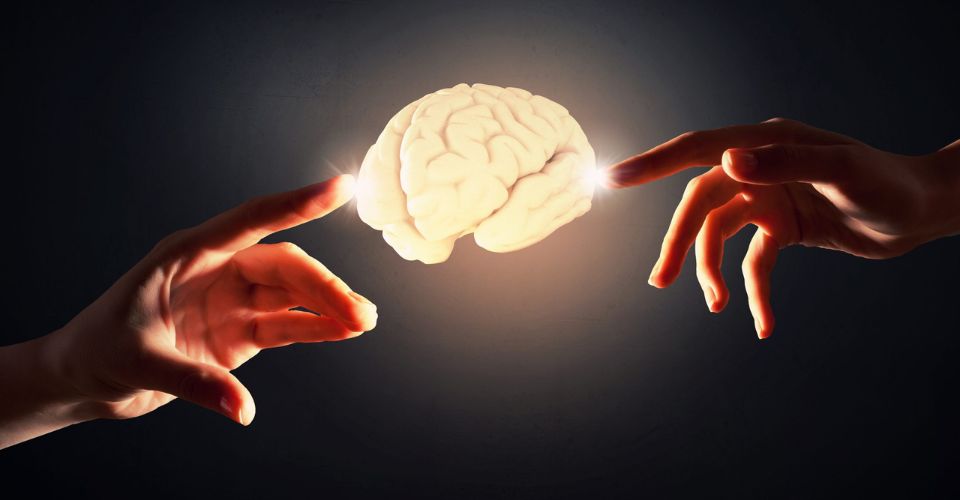- Recent research has seen a steady rise in internet-induced adolescent and youth suicides.
- Experts have recommended ways to check problematic internet use and mental health issues in these vulnerable population groups.
Landscape Of Social Media And Mental Health In Adolescents
In recent years, social media has become an integral part of our lives. For adolescents, social media platforms have become a primary mode of communication and socialization. It also provides an opportunity for self-expression, connecting them to like-minded individuals with a shared purpose.
However, the impact of social media on mental health is a matter of concern. Social media usage has been linked to increased levels of anxiety, depression, and other mental health issues.
Research has shown that adolescents who spend more time on social media are at a higher risk of developing mental health problems like eating disorders, body image issues, internalized homophobia, and chronically low self-esteem. Moreover, constant exposure to harmful content on the Internet can have a severe impact on mental health, leading to self-harm and suicidal ideation.
Prevalence Of Internet-induced Youth Suicide
The rise of the Internet and social media has led to an increase in internet-induced youth suicides. Internet-induced suicides are suicides that are directly or indirectly linked to the use of the Internet.
Research claims that online bullying, cyberstalking, and the spread of harmful content on the Internet contribute to Internet-induced youth suicides in 17.1% of the population aged 13–24 years across the globe.
Famous Cases Of Adolescent Suicides
The negative link between social media and suicides in the adolescent and youth population has made media headlines now and then, thanks to a series of adolescent suicides triggered by problematic internet use.
For instance, in 2006, 13-year-old Megan Meier hanged herself in her bedroom following a series of bullying MySpace messages. In 2012, Canadian high school student Amanda Todd committed suicide after being blackmailed by a stalker.
In 2014, 17-year-old Conrad Roy killed himself after Michelle Carter, his long-distance girlfriend, repeatedly encouraged him to commit suicide. Felix Alexander, a 17-year-old boy, committed suicide after being cyberstalked and blackmailed on social media platforms.
Checking Problematic Internet Use And Mental Health Issues In The Youth
It is essential to raise awareness as well as check problematic internet use and mental health issues in youth to prevent internet-induced suicides. Consider the following steps to check inappropriate internet use and mental health issues in adolescents and the youth:
- Parents and educators should encourage open communication with adolescents to ensure that they feel comfortable sharing their concerns related to social media trolling and cyberbullying.
- Parents and educators should monitor internet usage to ensure that adolescents are not exposed to harmful content or are engaging in problematic internet use.
- Adolescents who are experiencing mental health issues should be provided with the necessary support, including counseling and therapy.
- Parents, educators, and the community can work together to promote positive internet use and mental health.
Therefore, by promoting positive internet use and providing the necessary support, we can ensure that adolescents grow up in a safe and healthy environment.
Know More About –
Related Articles –
- 11 Self-Care Tips for Teens and Young Adults
- 8 Risk Factors for Suicide: Major Signs Of Suicidal Behavior
- 8 Signs You Need To Stay Away From Social Media





















